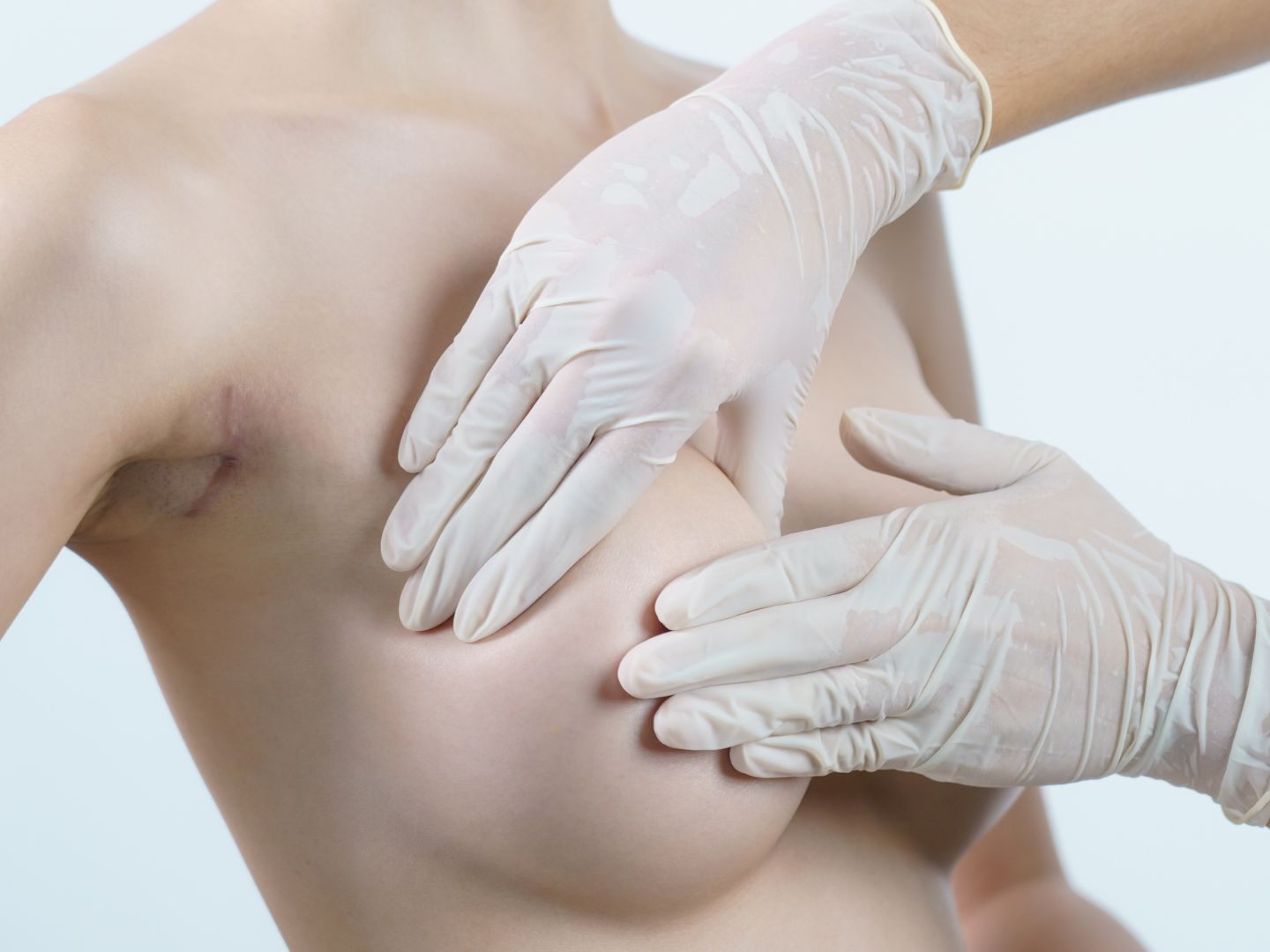On average, according to the study led by scientists from the Karl Landsteiner Private University for Health Sciences (KL) in Krems (Lower Austria), such so-called "ruptures" occurred about 17 years after the implants were inserted, as the university announced in a press release on Tuesday. Unrecognized, "silent ruptures" of the generally very stable silicone implants can lead to inflammatory foreign body reactions or "siliconomas" and specific types of cancer.

Significant Health Risk: Only 15% of Women with Breast Implants Regularly Attend Check-ups
17-12-2024, 12:46
Lack of Routine Examinations After Breast Implants "Alarming"
For Tonatiuh Flores, the first author of the study from the Department of Plastic, Aesthetic and Reconstructive Surgery at KL Krems, the results are "quite alarming": "Although we encourage our patients to have annual routine examinations based on international guidelines, our shows that only a small proportion of women actually take up this offer. Regular check-ups could detect the majority of implant problems early and avoid major complications."
Based on the data, it must be assumed that "ruptures often remained undetected for many years in many of these women". More education and awareness-raising needs to be done by doctors and health facilities in the future to reduce the likelihood of major complications after years of delayed checks. "We also recommend the introduction of monitoring systems, such as implant registers, to make follow-up care more efficient," says Klaus Schrögendorfer, head of the Department of Plastic, Aesthetic and Reconstructive Surgery at the University Hospital St. Pölten.
(APA/Red.)
This article has been automatically translated, read the original article .




